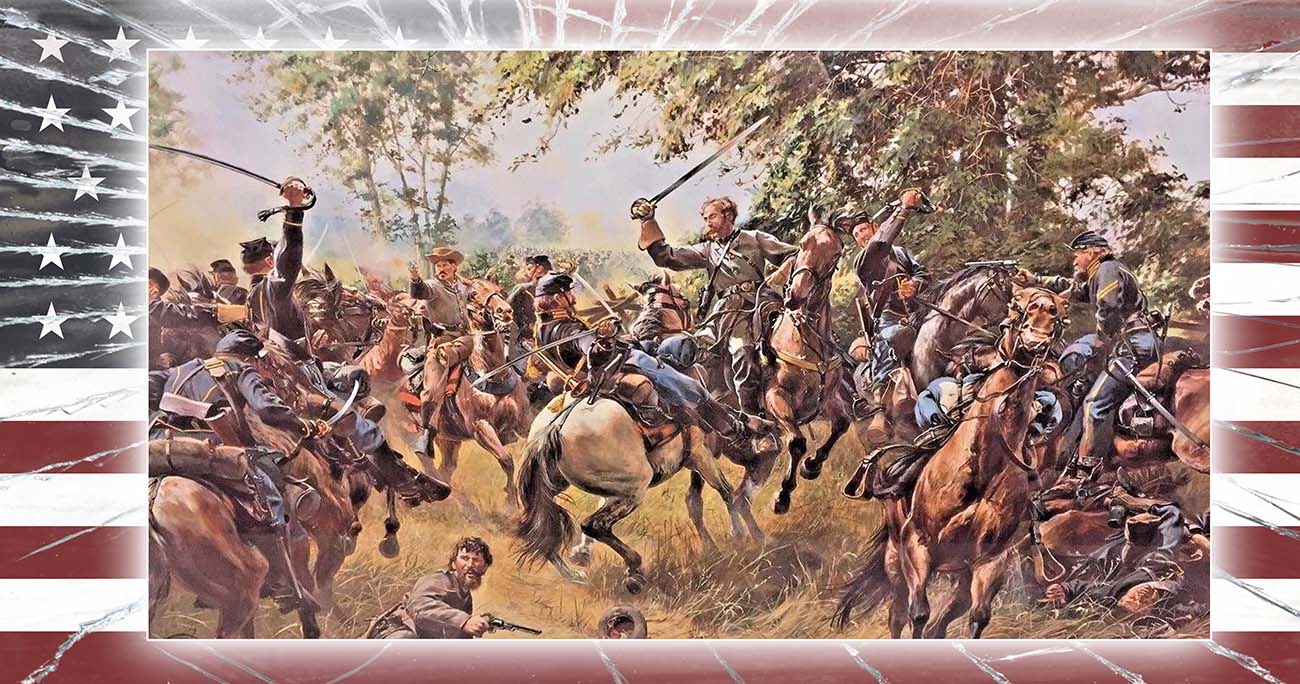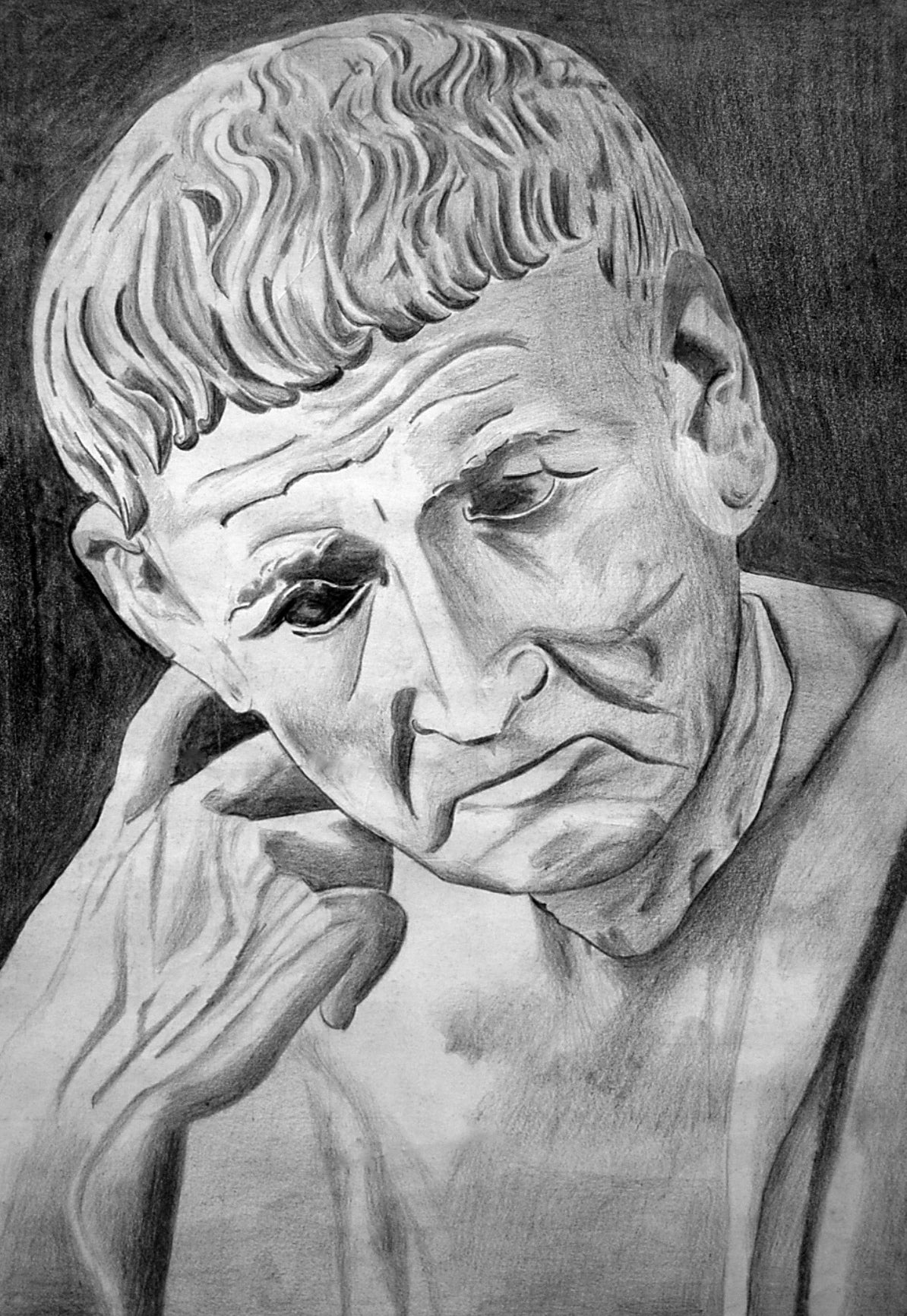
In our “Five Questions” feature we ask scholars, activists, and public officials five short questions about their work (and other things).
Steven C. Skultety is Associate Professor of Philosophy and Chair of the Department of Philosophy and Religion at the University of Mississippi. His research focuses on the way ancient philosophers understood human beings who were at odds with one another. Outside of ancient philosophy, his research interests include virtue theory, republicanism, as well as democratic theory.

Why should people, university students in particular, study Aristotle and other ancient philosophers today?
Studying the thought of those who are far removed from our current controversies helps to inoculate you from the anxiety-producing click-bait that pervades so much of our media culture. When you give yourself a chance to step back and calmly reflect on the grand sweep of history, or contemplate overarching philosophical questions, you’ll find yourself much better equipped to distinguish between the deep problems that really are worth losing sleep over, and the small pseudo-controversies that are not worth your time and outrage.
Moreover, the main question of ancient ethics is really the question haunting citizens in advanced industrial nations: at the end of the day, setting aside all the necessary work that we need to do to keep society running, what is it that we should do with ourselves? Or, to put it another way, what is it that we are trying to achieve with our lives? What is it that we’re all ultimately striving for with our sweat, labor, and tears? We can run from that question, but we can’t hide: how societies answer it influences fundamental decisions about what our priorities should be and what goals our institutions should serve. It’s better to deal with that question it in a critical and thoughtful way rather than to accept clichés.
What do you think Aristotle would say about our current social and political climate?
I think Aristotle would say that our current climate is genuinely sick. On the one hand, we are living longer than ever before and living lives with less violence than ever before. Yet, on the other hand, it seems we’re often miserable, filled with disappointment and stress, and angry at the direction of things.
Aristotle would say that we need to take such perceptions seriously and investigate their origins. We shouldn’t complacently assume that a strong economy renders such feelings innocuous, or take it for granted that institutional procedures will somehow rescue us from things turning ugly.

Your presentation at Boise State will ask “Is America Heading for a Second Civil War?” Without giving away any spoilers for your presentation, why do you think there is so much current interest in a second civil war and separatism? Young adult literature, for example, is full of such scenarios.
I think many people have a sense that political conflict is becoming less bound by explicit and implicit norms. Our political competitions feel less like Wimbledon tennis championships and more like hockey brawls. But even beyond the sheer rawness of the dissension, I think people are steadily losing faith in our ability to uncover any meaningful, concrete steps that could be taken to resolve or stabilize our fights.

How did you become interested in studying interpersonal and societal conflicts?
Back when I was an undergraduate at the University of Montana, a professor encouraged me to explore the debate between communitarianism and liberalism. That debate involved many different issues, but one dimension had to do with how much any given community should prioritize social cohesion at the expense of other values. Later, when I was in graduate school studying ancient philosophy, I became fascinated with how Aristotle didn’t seem to fall neatly into either the communitarian or liberal camp. I began to think that a major cause of this lack of fit was due to Aristotle not conceiving of political conflict in the ways we typically do today. I’ve been thinking about conflict ever since.
What can we as individuals and as a society do to reduce the chances of interpersonal and cultural conflicts from turning into acts of violence and war?
I plan on saying quite a bit about this in my talk. The key thing, I think, is to have a clear-eyed view of all the causes that lead real-world, limited human beings toward contemplating violence. It’s tempting to adopt the attitude that since people shouldn’t be thinking or feeling something, we need not trouble ourselves much about how they may act on those misplaced thoughts and feelings. This sort of moralizing political myopia is, in my opinion, incredibly dangerous. First of all, people acting on misplaced ideas can be just as disruptive as those acting on true beliefs. Second, we ourselves can be the ones with the misplaced ideas who are too quickly dismissing the grievances of others.
Reducing conflict is like playing a card game. To do well, you have to think about how best to play the cards you’re dealt; it won’t do any good to think only of the cards you wish you had been dealt.
Interview conducted by Jim Munkres, Managing Editor of The Blue Review